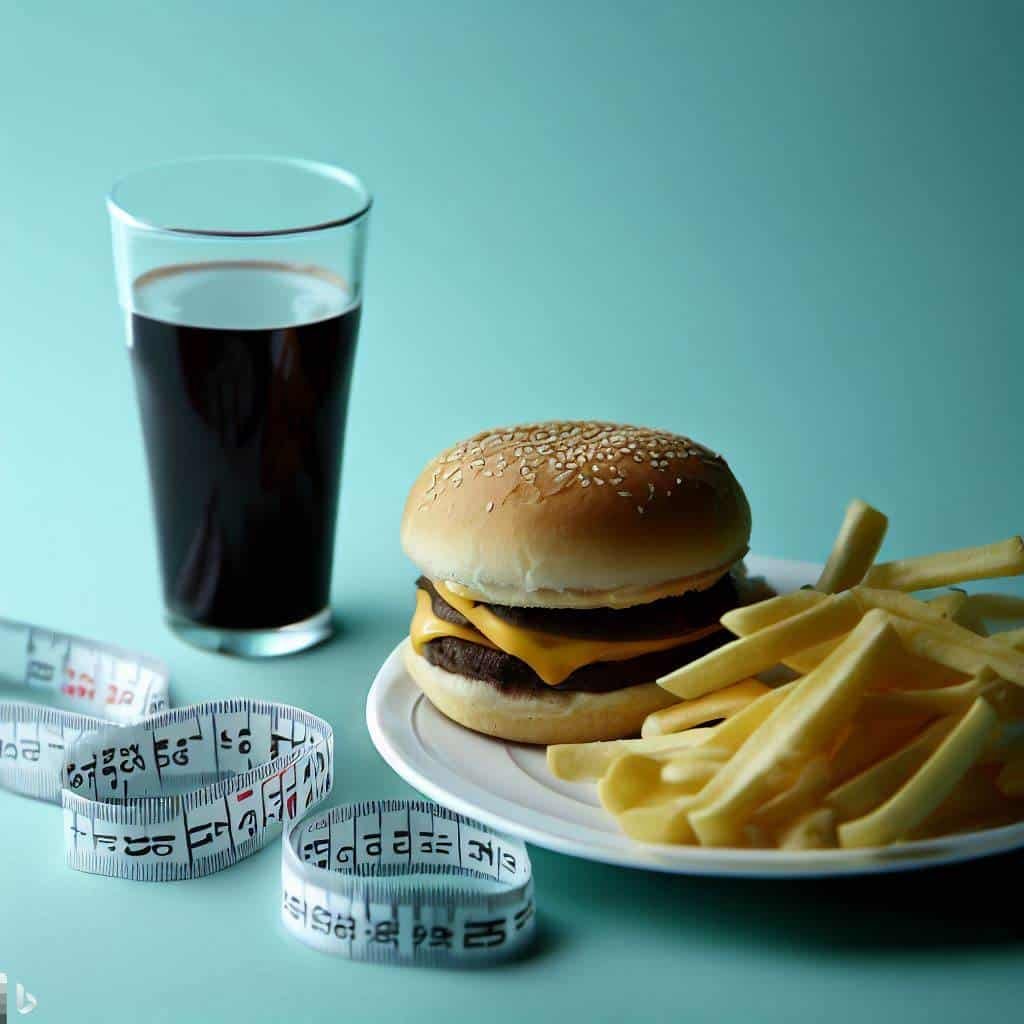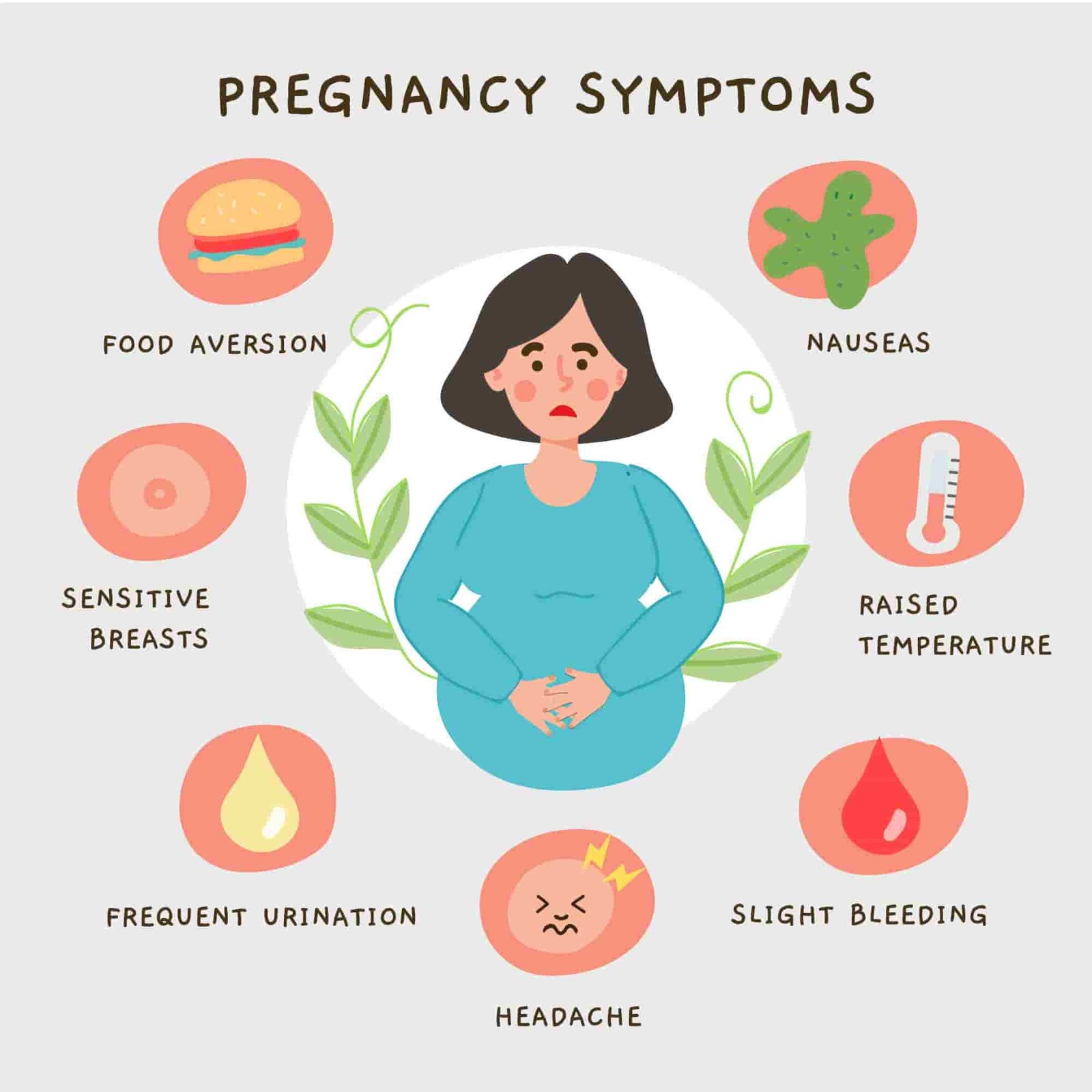If you’re trying to lose weight, you’ve probably heard of the concept of “banking calories.” The idea is that you can eat less now and “save” those calories for later, allowing you to indulge in a big meal or treat without derailing your diet. But is this strategy really effective? In this article, we’ll take a closer look at calorie banking and whether it’s a viable weight loss tactic.
What is Calorie Banking?
Calorie banking is the practice of intentionally eating fewer calories on some days in order to have a surplus for later. For example, if you typically eat 2000 calories per day, you might eat 1500 calories on Monday and Tuesday so that you can have 2500 calories on Wednesday for a special occasion. The idea is that by creating a calorie deficit early in the week, you’ll have more flexibility later on without sabotaging your weight loss goals.
Does Calorie Banking Really Work?
While the concept of calorie banking may seem appealing, there isn’t a lot of scientific evidence to support it. In fact, some studies have found that people who “bank” calories during the week end up overeating on the weekends, resulting in no net calorie deficit. Additionally, restricting calories too severely early in the week can lead to feelings of deprivation and binge eating later on.
The Risks of Calorie Banking
Beyond the lack of evidence for its effectiveness, there are other risks associated with calorie banking. For example, if you’re not careful, you could end up eating too little on some days, which can lead to nutrient deficiencies and other health problems. Additionally, the focus on short-term calorie goals can distract from the importance of overall healthy eating habits, such as consuming a balanced diet with plenty of fruits, vegetables, and lean protein.
Healthier Alternatives to Calorie Banking
If you’re looking for ways to indulge without sabotaging your weight loss goals, there are healthier alternatives to calorie banking. One option is to plan for occasional treats by incorporating them into your overall calorie intake. For example, if you know you’re going out for a big dinner on Saturday, you could eat a lighter lunch or snack during the day to balance out your calories.
Another strategy is to focus on incorporating more nutrient-dense foods into your diet. When you eat plenty of fruits, vegetables, and other whole foods, you’ll feel more satisfied and less likely to crave high-calorie treats. Plus, a healthy diet can help support long-term weight loss and overall health.
While the concept of calorie banking may sound appealing, there isn’t much evidence to support its effectiveness. Additionally, the risks associated with this strategy make it less than ideal for most people. Instead, focus on incorporating healthier eating habits into your overall lifestyle to achieve sustainable weight loss and better health.








